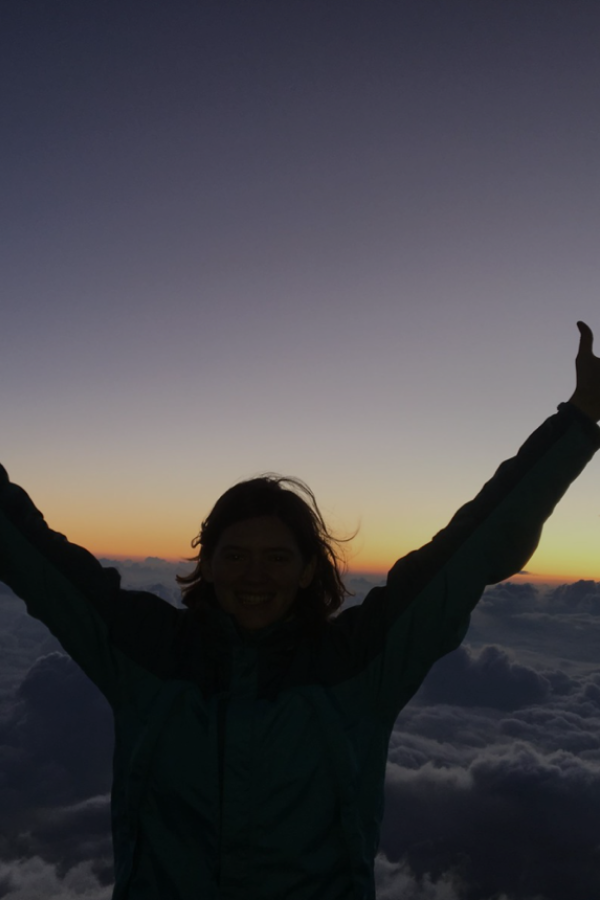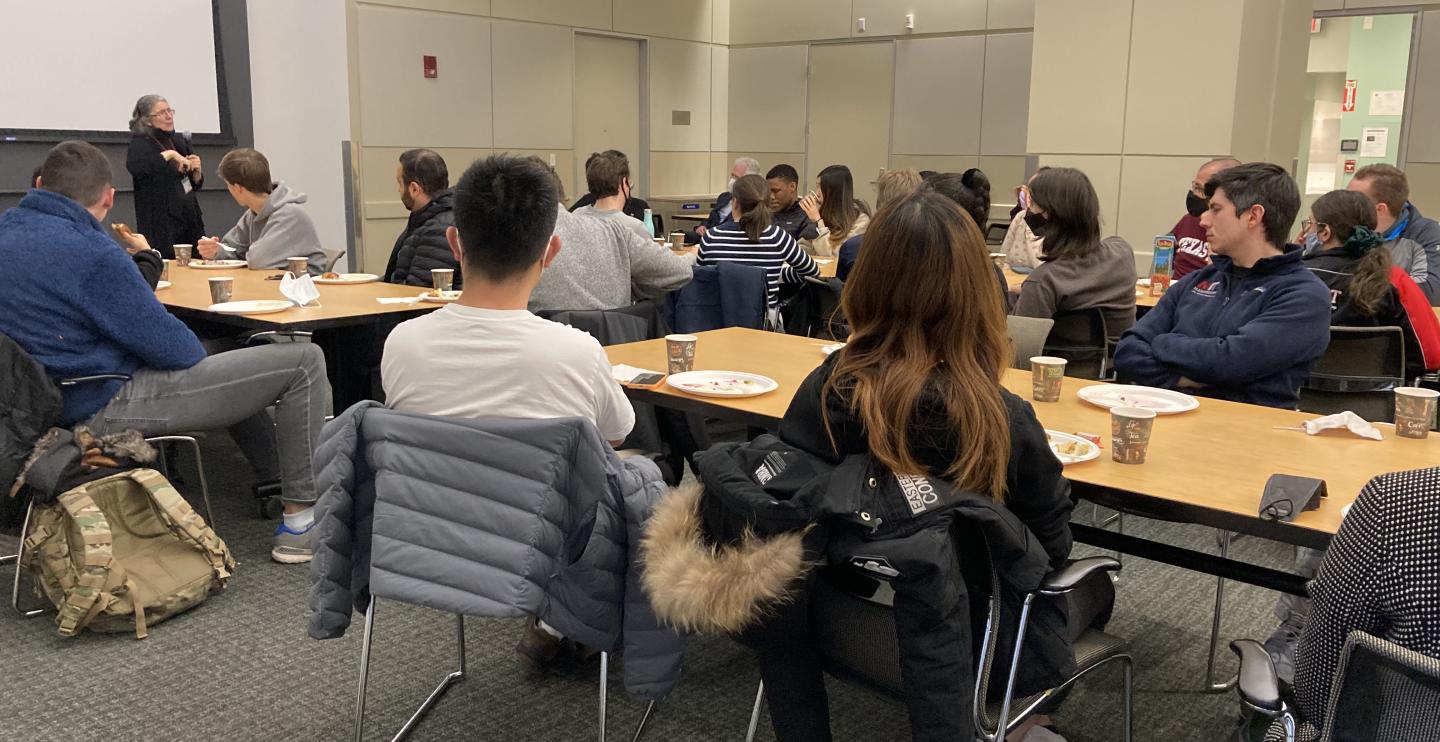Slavic Courses at MIT
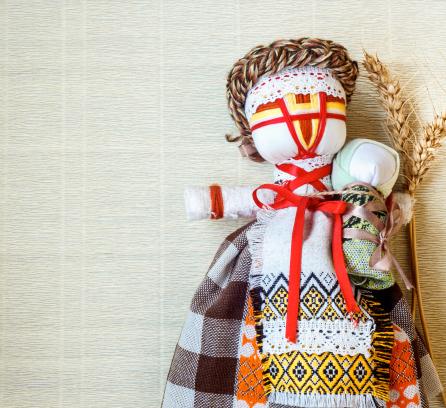
21G.S08 Introduction to Ukrainian Language and Culture
Offered: IAP 2023, January 9-27 (3 hours daily)
Master the foundations of the Ukrainian language (alphabet, reading rules, basic conversational topics). Explore Ukrainian culture, history, national identity, art, and traditions (discussions in English).
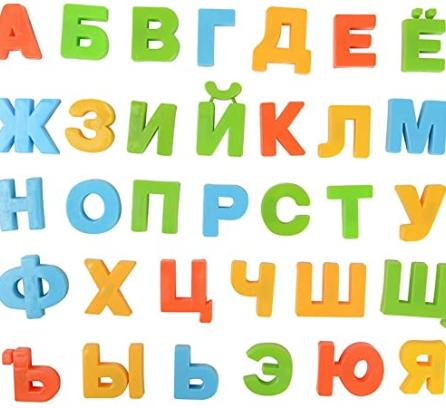
21G.611: Russian I
Offered: Fall, IAP
Emphasizes the development of communicative and cultural competence, as well as mastery of the foundations of Russian grammar and vocabulary. Using video, internet resources, and varied cultural materials, students work on developing speaking, reading, and writing skills. Conducted in both Russian and English. Designed for students with no knowledge of Russian. Limited to 18. Textbooks (IAP 2022).
Sofia Verba (Fall), Maria Andrianova (IAP)
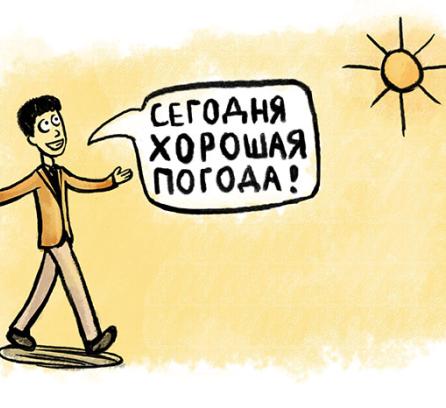
21G.612: Russian II
Offered: Spring
Continuing instruction in Russian language and culture with emphasis on acquisition of vocabulary and grammatical concepts through active communication. Conducted in both Russian and English. Provides exposure to the language via a video program, internet resources, and literary texts that are integrated in grammar instruction and conversation tasks. Limited to 18. Textbooks (Spring 2022).
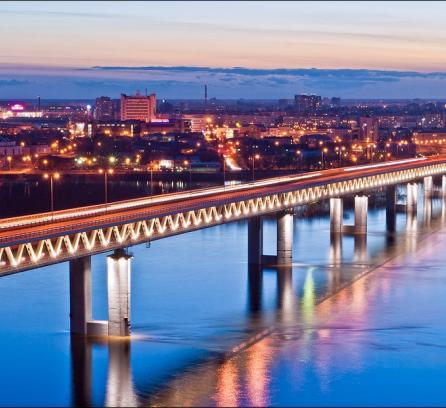
21G.613: Russian III
Offered: Fall
Includes comprehensive review and expansion of grammar and vocabulary. Emphasizes the development of speaking, reading, and writing skills. Examines adapted and authentic literary texts, media resources, and film. Develops communicative skills necessary for personal and professional interaction in a Russian-language environment. Limited to 18.
Maria Khotimsky
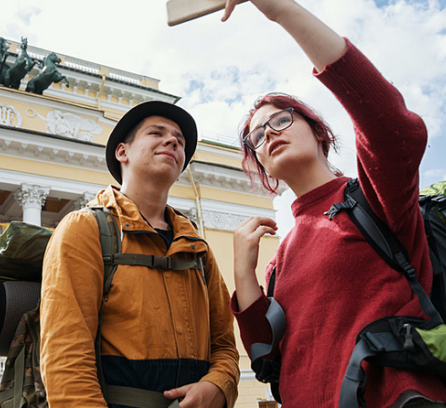
21G.614: Russian IV
Offered: Spring
Features intermediate to advanced study of Russian with a comprehensive review of grammar, and emphasis on more complex communicative topics. Reading and writing skills developed through study of various topics in Russian culture and society. Uses a variety of authentic literary and non-fiction texts, media resources, and film. Limited to 18. No required or recommended textbooks.
Maria Khotimsky
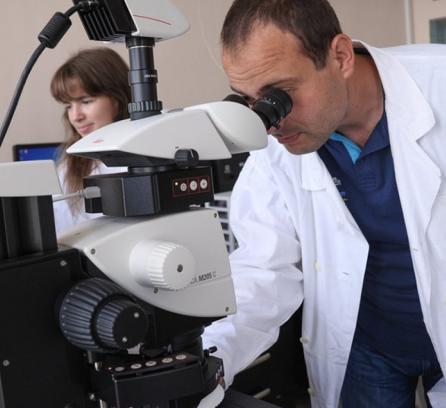
21G.615: Russian V: Russian for STEM
Offered: Fall
Explores historical contributions of Russian scientists and inventors in a global perspective. Focuses on developing advanced-level reading, speaking, and writing skills through discussing problems in technology and society, such as the history of the space race, development of internet technologies, environmental issues, and the global pandemic. Students participate in class debates and discussions and create a final presentation on a topic of professional interest. Course materials combine articles, book excerpts, films, interviews, and project-based tasks. Taught in Russian. Open to advanced students of Russian and heritage speakers. Limited to 18.
Maria Khotimsky
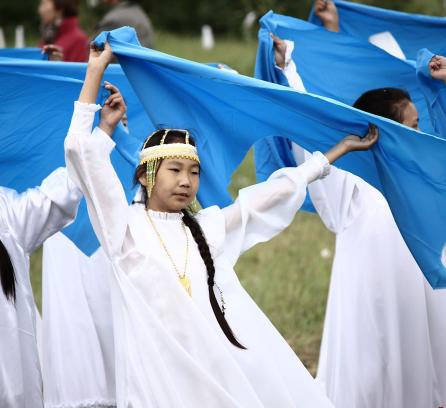
21G.616: Advanced Russian: Explorations in Russian Culture, Society, and Media
Offered: Spring
Explores various topics in contemporary Russian culture and society, such as the major cultural centers and regions of the country; contemporary music, film, and visual arts; food and culture of hospitality; and ways of behavior and cultural traditions. Engages students in cross-cultural comparisons and offers an opportunity to interact with Russian-speaking professionals of the Boston area. Focuses on developing higher-level vocabulary, listening, speaking, and writing skills. Taught in Russian. Open to advanced students of Russian and heritage speakers. Limited to 18. No required or recommended textbooks.
Maria Khotimsky
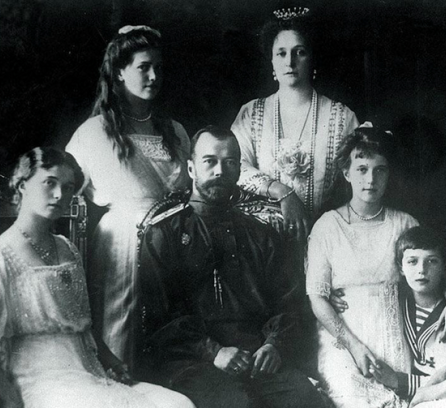
21H.244J: Imperial and Revolutionary Russia: Culture and Politics, 1700-1917
Offered: Fall
Analyzes Russia's social, cultural, and political heritage in the 18th and 19th centuries, up to and including the Russian Revolution of 1917. Compares reforming and revolutionary impulses in the context of serfdom, the rise of the intelligentsia, and debates over capitalism. Focuses on historical and literary texts, especially the intersections between the two.
Elizabeth Wood
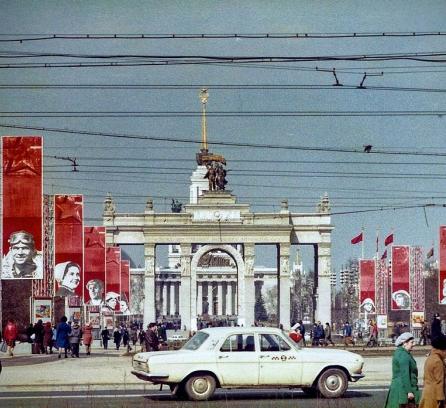
21H.245J: Soviet and Post-Soviet Politics and Society: 1917 to the Present
Offered: Spring
Explores the political and historical evolution of the Soviet state and society from the 1917 Revolution to the present. Covers the creation of a revolutionary regime, causes and nature of the Stalin revolution, post-Stalinist efforts to achieve political and social reform, and causes of the Soviet collapse. Also examines current developments in Russia in light of Soviet history. Enrollment limited.
Elizabeth Wood
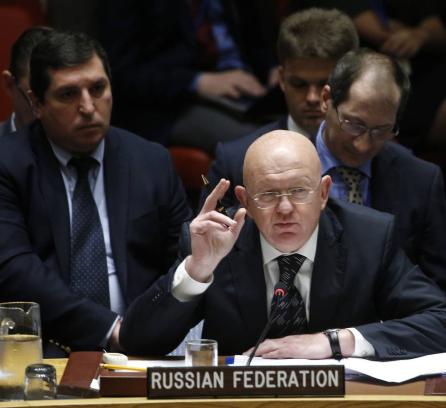
17.569: Russia’s Foreign Policy: Toward the Post-Soviet States and Beyond
Offered: Spring
Analyzes Russia's foreign policy, with a focus on relations with the other post-Soviet states. Frames the discussion with examination of US-Russian and Sino-Russian relations. Looks at legacies of the Soviet collapse, strengths and vulnerabilities of Russia, and the ability of other states to maintain their sovereignty. Topics include the future of Central Asia, the Georgian war, energy politics, and reaction to the European Union's Eastern Partnership. Readings focus on international relations, historical sources, and contemporary Russian and Western sources.
Carol Saivetz
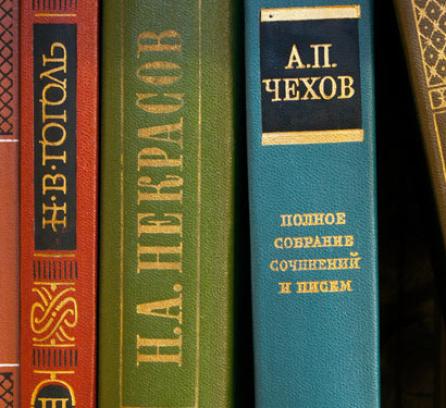
21G.077J/21G.618: Introduction to the Classics of Russian Literature
Offered: Spring
Explores the works of classical Russian writers of the 19th and 20th centuries, including stories and novels by Pushkin, Gogol, Dostoevsky, Tolstoy, Chekhov, Bunin, Nabokov, Platonov, and others. Focuses on their approaches to portraying self and society, and on literary responses to fundamental ethical and philosophical questions about justice, freedom, free will, fate, love, loyalty, betrayal, and forgiveness. Taught in English with additional readings and a short writing project in Russian.
Maria Khotimsky
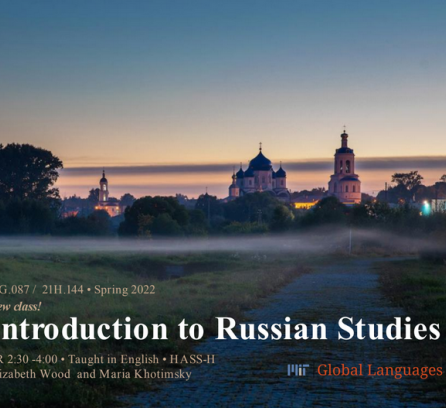
21G.087/21H.144: Introduction to Russian Studies
Read handout to interested students here.
Offered: Spring (offered again in spring 2024)
Explores Russian culture and society by analyzing its unique position at the crossroads of Europe and Asia throughout medieval, Imperial, Soviet, and contemporary periods. Investigates a variety of topics: defining the borders of the country and shaping its relationship with the outside world; changes in living spaces from rural to urban, development of cultural centers; and daily life, customs, and traditions. Includes readings in literature, history, and cultural studies, as well visual arts, music, and film. Limited to 25.
Elizabeth Wood, Maria Khotimsky
